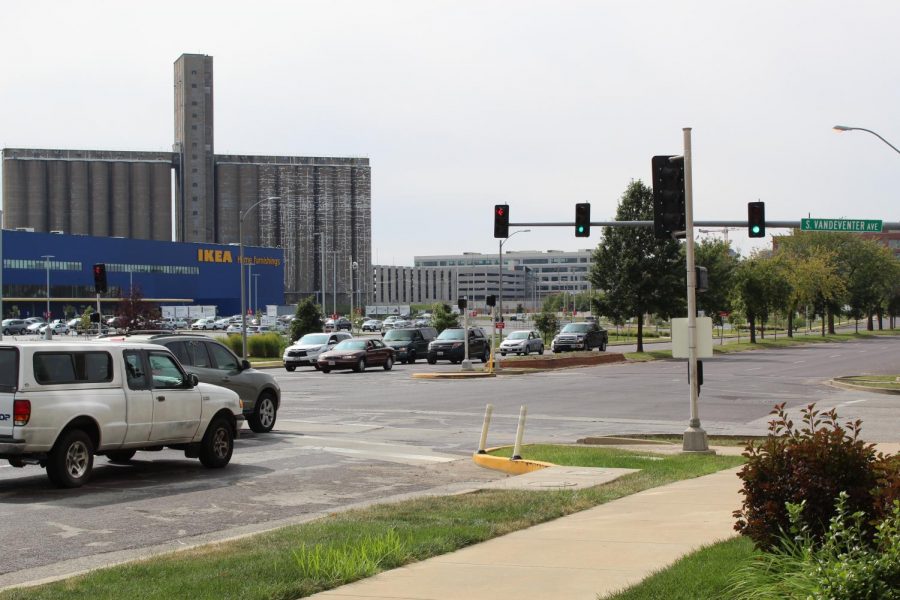Homelessness and COVID-19
Long after a vaccine is rolled out and case numbers decline, the effects of the virus will linger in the lives of the homeless and economically disadvantaged. Individuals and families who are homeless, as well as those currently living in poverty, will feel the current recession for years to come, in the St. Louis community and beyond.
COVID-19, in the economic sense, will undoubtedly have the same effect for those living in poverty as it did during the 2008-2009 recessions.
“One thing that is absolutely certain is that there will be a profound increase in homelessness over time because of COVID-19” said Tim Huffman, Ph.D., associate professor in the department of communication and faculty mentor for Labre, an organization that conducts outreach to the unhoused of St Louis. “Part of the reason that happens is because if you’re on the boundary of poverty and you have a series of bad months, there are probably things you can do to stabilize for the time being … [but it] only works for so long.”
For those who are currently experiencing homelessness and for those who will potentially experience it, efforts are being made to assist them even amidst a pandemic like COVID-19.
“We’re all about building relationships and building connections. We don’t want to be just the people that stop by every week and drop off food. We want to be the people that build relationships with people we meet and build lasting friendships,” said Sophie Mueller, senior within the Labre organization.
Unfortunately, due to the pandemic, there are less individuals doing outreach overall, and the shelters have fewer people helping out. However, many outreach programs and heroes in their own right have risen to the challenge of supporting and coming up with plans to continue to provide to homeless individuals. “For the last six [or] seven months, every nonprofit [organization] has been busting their butt to try to change the way that it responded to issues because of the pandemic,” said Huffman.
Many shelters have reconfigured to allow for social distancing, and outreach organizations have changed their practices so that they don’t spread the virus. St. Louis County built an entire quarantine and isolation shelter system for people who lack permanent housing through collaboration at a regional level. All across the city, housing organizations have been trying to figure out ways to allow for more individuals to utilize their resources quickly, especially for the approaching winter season.
“There are people trying to figure out how we can create increased shelter capacity to expand our shelter operations and get people to survive the winter and the pandemic at the same time,” said Huffman.
Your donation will support the student journalists of Saint Louis University.





